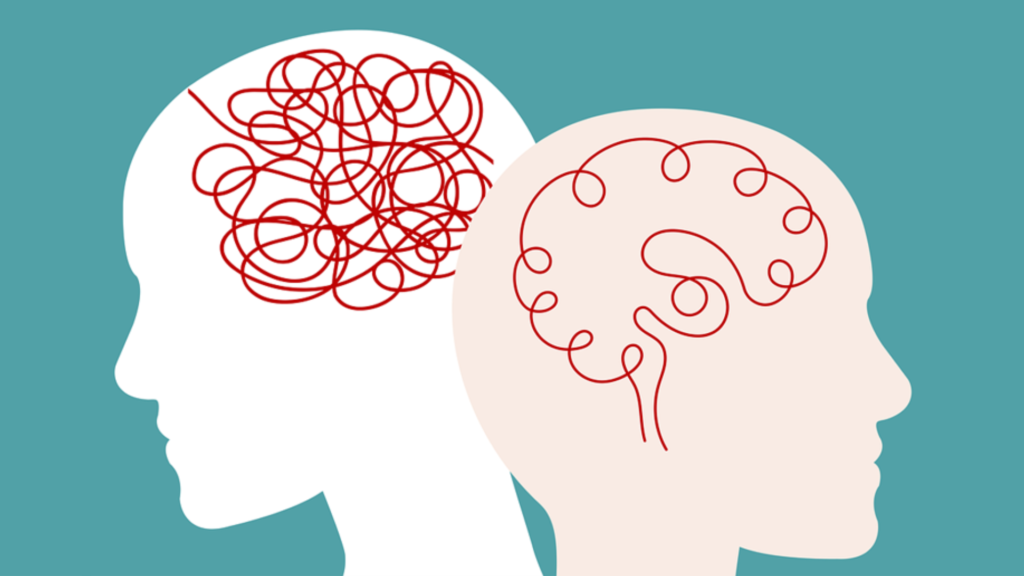Mental health situation worldwide is deteriorating and bringing challenges to everyday life with diminishing productivity at work and hampering well-being. The Covid 19 has worsened the situation and increased the chronic incidences of depression and anxiety among all ages. Thus, it impacted the personal, professional and social life of people and ultimately put pressure on productivity at work.
As per the World Health Organization (WHO), these two major mental health issues among the working population bring around US$ 1 trillion blow to the global economy every year. Currently, more than 50% population of the world is working and out of which more than half of the working population is part of the informal economy where there are no set guidelines, related to remuneration, health and safety. This brings stress along with poor mental health which is mostly ignored and stays untreated but impacts work productivity and work-life balance at large.
The incidence of the pandemic, loss of employment, financial instability and economic recession around the world has aggravated the mental health situation. But in this scenario, the world became more expressive about mental health issues, and governments are working with a more focused approach by increasing investment in the domain. The Indian government has also made the provision of the National Tele Mental Health Programme to provide quality mental healthcare and counseling to people experiencing the evil effects of poor mental health that will also support the existing National Mental Health program and bring positive changes.
The working population spends a significant amount of time in their life at the workplace and thus the work environment plays a major role in shaping their mental health that impacts their all-other spheres of life i.e., personal, family and social. Poor pay and excessive workload can severely impact the mental health of individuals which can impact their overall productivity and well-being.
Thus, to address this, better policy support at the government and employer levels is required which will eventually enhance the productivity of the workforce and help countries to tap the true potential of their demographic dividend for sustainable growth. Here, people’s participation in decision-making and timely intervention through professional counseling and easy access to mental healthcare can ease the burden remarkably.

